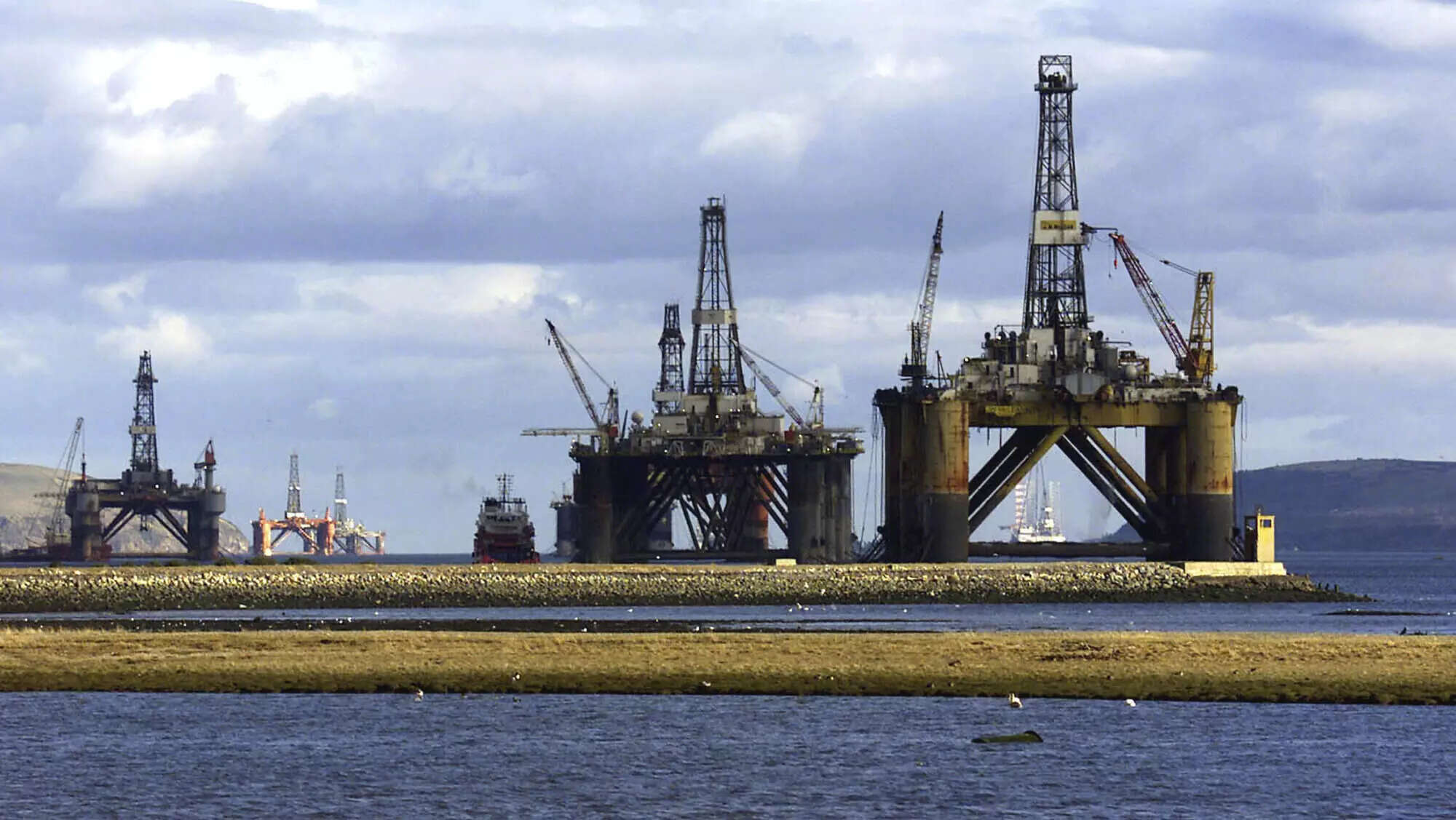
The UAE’s Special Envoy for Climate Change on Monday urged the oil and gas industry to rally around decarbonisation targets as part of the COP28 Presidency’s Action Agenda to fast-track the energy transition and limit global warming to 1.5 degrees C to avoid the worst impacts of climate change. Dr. Sultan Ahmed Al Jaber, who is also the COP28 President-Designate said this at the beginning of the 2023 Abu Dhabi International Petroleum Exhibition & Conference (ADIPEC) held from October 2-5 in Abu Dhabi.
The COP28 President-Designate’s call to implement a comprehensive energy transition plan is part of the COP28 Presidency’s Action Agenda which is based on four key pillars.
These pillars include fast-tracking a just and orderly energy transition, fixing climate finance, focusing on people, lives and livelihoods, and underpinning everything with full inclusivity.
Al Jaber reiterated calls on industry to “step up, align around net zero by or before 2050, zero-out methane emissions, and eliminate routine flaring by 2030.”
The 28th session of the Conference of the Parties (COP28) to the UN Framework Convention on Climate Change (UNFCCC) will be held in Dubai from November 30 to December 12.
He welcomed recent progress and action from over 20 oil and gas companies, including both international and national oil companies (IOCs and NOCs), which have “positively answered the call” to take the challenging but achievable steps to curb emissions from the production of energy.
Describing the progress, Al Jaber said, “This took time, effort and many months of hard work, negotiation and collaboration. We are counting on many more to come on board and start taking action to decarbonise further and faster.”
“I urge everyone to make this commitment at COP28, a COP where I am calling on everyone to set the highest ambitions, follow through with practical actions and deliver real results,” he said.
Setting off the event, Al Jaber said that for too long, this industry has been viewed as part of the problem, that it is not doing enough and, in some cases, even blocking progress.
“This is your opportunity to show the world that you are central to the solution,” he said.
Noting the scale of the climate challenge, he stated that “the world must reduce emissions by at least 43 per cent over the next seven years to keep the temperature of 1.5 degrees C within reach. And that is our north star. It is our destination.”
“It is simply respecting the science. And we must do this while also ensuring human prosperity by meeting the energy needs of the planet’s growing population.”
Al Jaber also highlighted three key areas that he was prioritising, including: curbing emissions from the production of energy, scaling up renewables, and decarbonizing hard-to-abate sectors, such as steel cement, aluminium and heavy transportation.’
Discussing the immediate steps that he expects the oil and gas industry to take, Al Jaber noted that “Eliminating methane leaks and flaring is the fastest way to make the biggest impact on operational emissions in the short term.”
He further said the critical role that the oil and gas industry has in scaling up renewables, highlighting how they represent “an opportunity for this industry to diversify and future-proof its business models.”
Speaking of the need to “create a pro-climate, pro-growth future”, Al Jaber noted that “it is a historic opportunity for growth and innovation. In fact, it represents the largest economic opportunity since the first industrial revolution.”
ADIPEC was attended by Shiekh Mansour bin Zayed Al Nahyan, Vice President of the United Arab Emirates, along with 160,000 energy professionals, 2,200 exhibiting companies and global oil giants.

